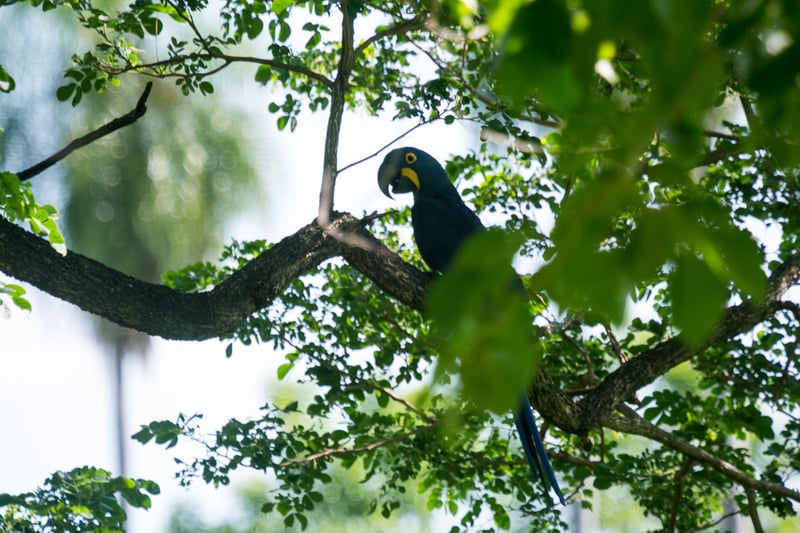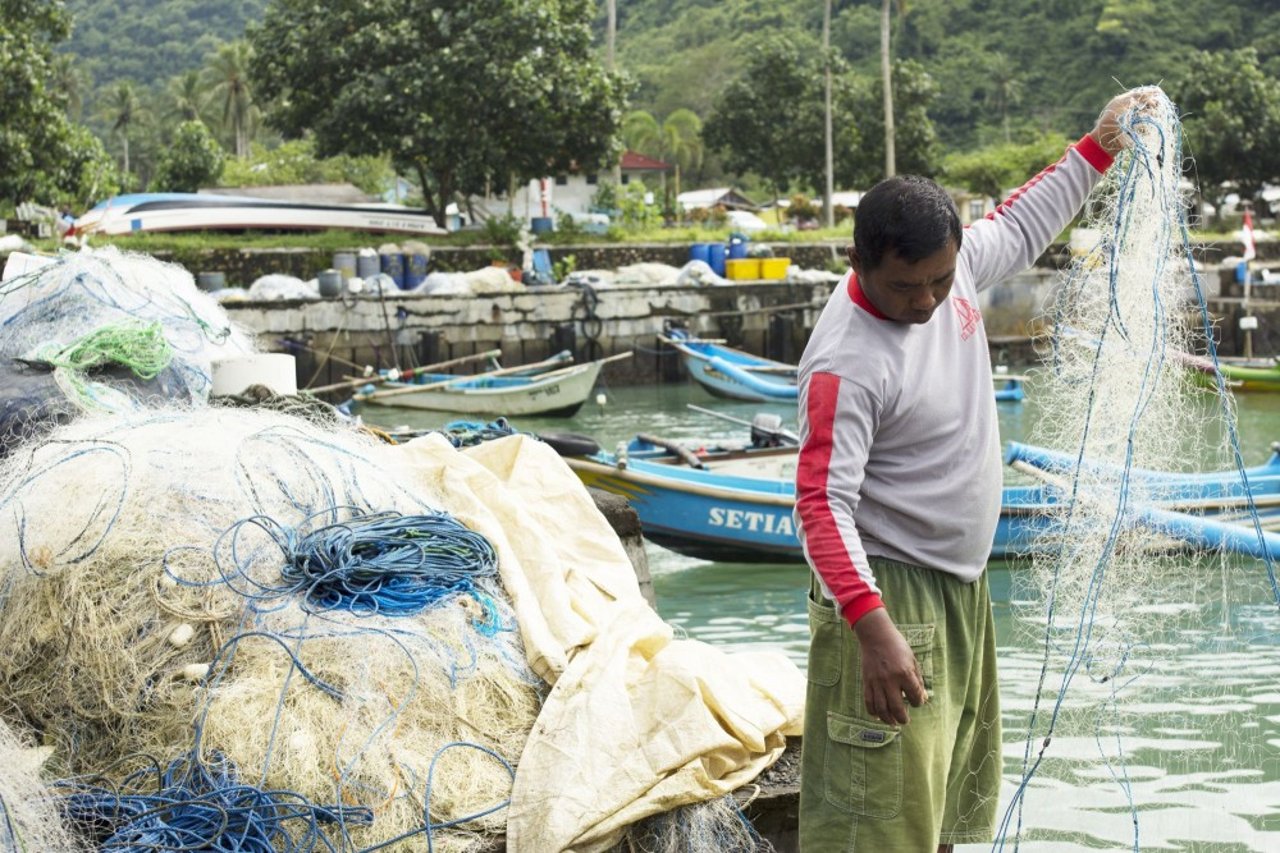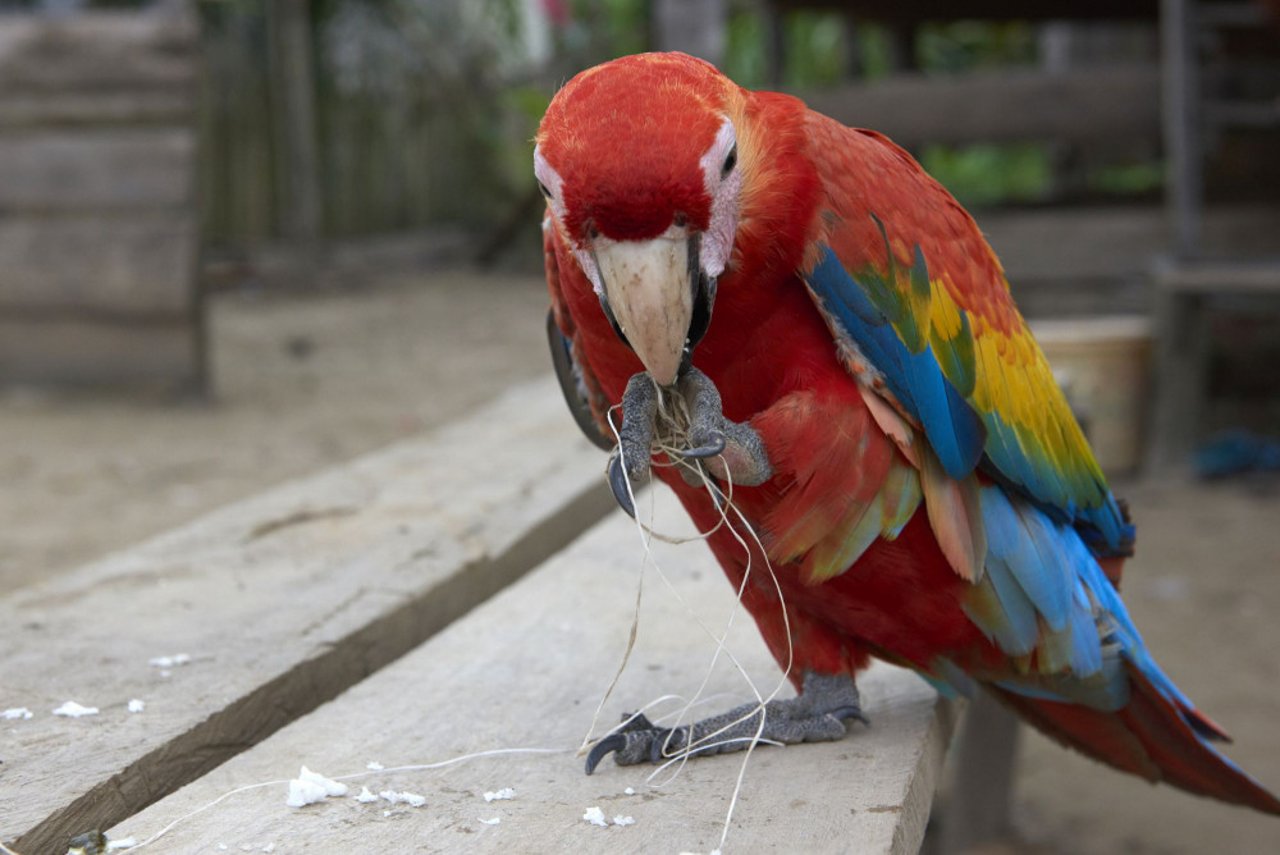
A day in the life of Liam Slattery
News
Our investigation team gather and analyze evidence of animal cruelty, working undercover in difficult situations. Liam Slattery, who heads this dedicated team, shares one of his days…
* Because of the ongoing nature of some investigations, names have been changed to ensure the safety of our staff.
7.30am An early conference call with Patrick, our team’s veterinary and research manager. He is in Nairobi in World Animal Protection’s Africa office. I want his opinion on exclusive video evidence sent to us about the intensive poultry industry in Europe. It was filmed anonymously and provided to us because of the sender’s concerns about chickens apparently suffering in last year’s hot summer. We need to understand exactly how the conditions shown may be affecting the birds’ welfare. I know Patrick will give an accurate and science-based analysis.
Interestingly, his initial assessment is that despite the footage being taken on one of the hottest summers on record in Europe, some of the chicks are suffering from exposure – low temperatures. The barns are too cold and the chicks are desperately huddling together to keep warm. This highlights just how deficient conditions for meat chickens, bred to grow quickly in intensive conditions, can be. I make a note to update the Change for Chickens campaign team and ask Patrick to review more of the videos.
Gathering evidence: Liam and his team have investigated the suffering of chickens in the European poultry industry. This image is from film footage provided by a concerned anonymous source.
8.30am I scan overnight emails from the global contacts and sources to check for updates, information and tip-offs about the issues we’re working on. A law enforcement contact in South America has emailed me about a wildlife trafficking issue we’re looking into. I forward the email’s key information to Nic, our investigation advisor, currently in Suriname; he is running the fieldwork for the campaign. I’ve carefully deleted anything that could identify our source. Nic would never pass on the details, but I’m always aware of the risk of any forwarded email being seen by someone who shouldn’t.
9.30am A meeting with the Sea Change campaign team and the digital communications colleagues. We are reviewing the first edit of one of the campaign films featuring footage I gathered during a trip to Indonesia last year. I filmed a local community of fishing people trialing a system of gear marking to reduce the loss of gear, and make it more traceable if it is lost. Videos like this can be used to persuade policy makers, and increase public support for our campaign initiatives.
Tackling a problem: Liam filmed and researched how Indonesian fishers are trialing a fishing gear marking project through our Sea Change campaign to save marine life from death and injury.
12.30pm A working lunch with a contact at a documentary production company. A US-based filmmaker might be interested in cooperating on investigating a venue involved in using wildlife for tourist entertainment. The contact is a representative from their UK office and we chat about possibilities – how we could cooperate, and to what extent it would support World Animal Protection’s Wildlife. Not Entertainers campaigning efforts. Partnerships like this can be really important to widen our message out to larger audiences.
2.00pm Back to the office, and another video call. Nic in Suriname has been documenting the legal and illegal capture of macaws. He’s found a lack of effective monitoring of the trade and its high potential for illegally sourced macaws to be sold and ‘laundered’ into the legal trade. Our information to date has already enabled World Animal Protection’s policy and advocacy team to secure a reduction in the quota catchers are legally allowed to take and sell. The team presented the findings of the investigation at a Convention on International Trade in Endangered Species (CITES) meeting. This is an important forum, and gaining this type of access means we can begin to work on improving welfare for other species too.
Wildlife trafficking: Macaws are illegally snatched from the wild in Suriname to fuel the exotic pet trade. Liam’s team is gathering evidence.
3.30pm Eyob, another investigation advisor reports back from the global meeting of the Wildlife. Not Medicine campaign. He updates me about the potential investigations discussed. It’s likely that we’ll be looking into criminal poaching and international smuggling of big cat parts into the illicit medicine industry. This will certainly be a challenge, but an issue the team has been keen to get into.
4.00pm Time to head to Heathrow. Tomorrow, I’m visiting our Nairobi office and joining our planning meeting for the Animals in Farming campaign. It is a great chance to meet our Africa team in person and see their work for animals in action. So many of our meetings are conducted through Skype or by phone to save travel costs that personal contact is highly valued by us all. I’ll also be able to catch up with Patrick again for more feedback on the European chicken video. Excited by the opportunities the next few days will bring I head for Russell Square, the nearest tube station, and the first step on my latest journey.
As you read this, Liam and our investigation and evidence team are working on projects worldwide making sure we have the evidence needed to create lasting change for animals. Thank you so much for supporting them.
As you read this, Liam and our investigation and evidence team are working on projects worldwide making sure we have the evidence needed to create lasting change for animals. Thank you so much for supporting them.


